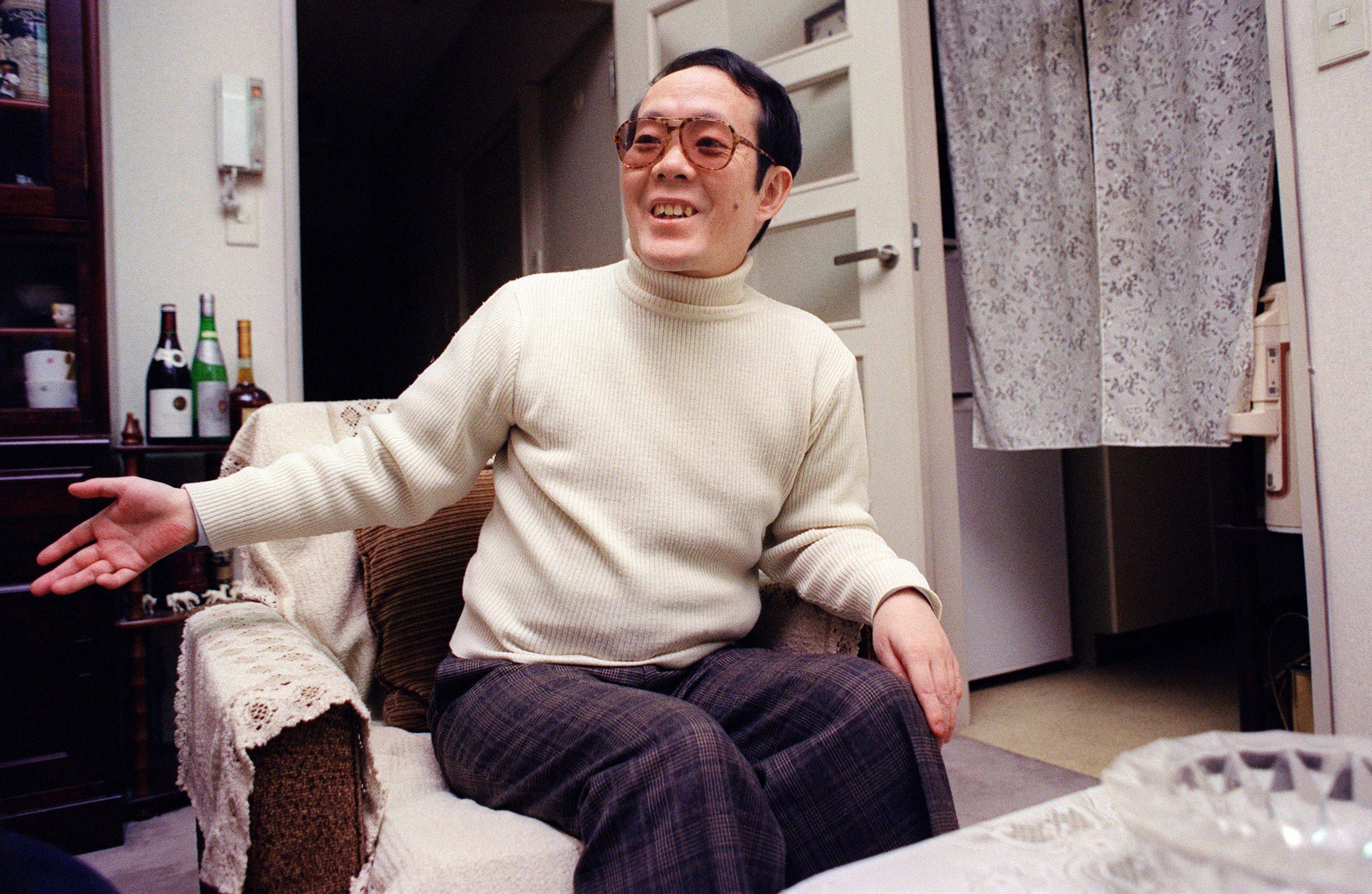Last month’s death of Issei Sagawa, dubbed the “Kobe Cannibal,” who ate a Dutch female student after he shot her to death in Paris in 1981 but was never jailed for the crime, has rekindled interest in the grisly case more than four decades on.
His death was covered more extensively by foreign media outlets than by domestic media, which mostly ran a brief obituary, showing the enduring shock value of the incident for Western countries.
Sagawa, who died of pneumonia on Nov. 24 at the age of 73, was a 32-year-old literature student in Paris when he met Renee Hartevelt, 25, a fellow student. In a 1983 book, he conveyed in detail how he plotted the murder, even unsuccessfully attempting to kill her two days before because of a rifle misfire.


















With your current subscription plan you can comment on stories. However, before writing your first comment, please create a display name in the Profile section of your subscriber account page.